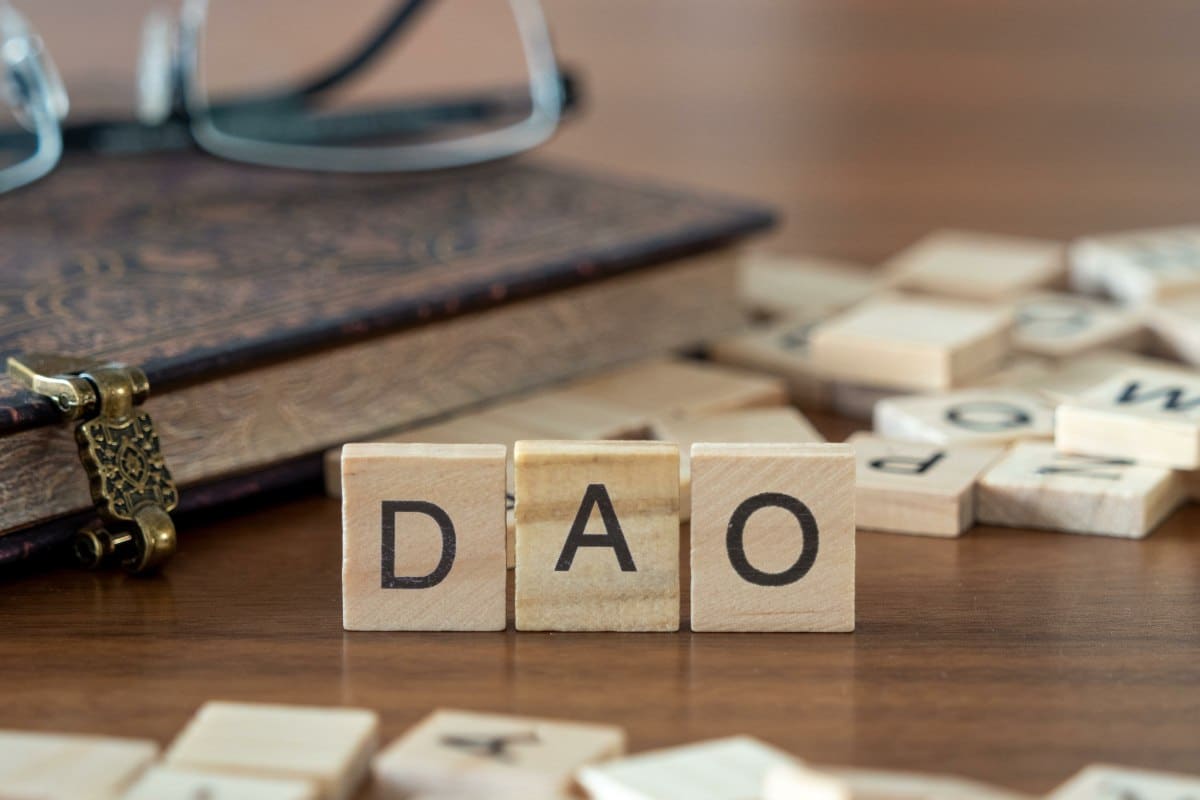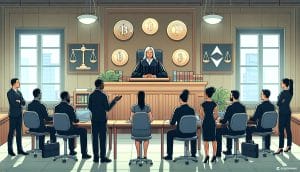1inch DAO Votes to Hire Permanent Legal Counsel for Decentralized Nature Challenges

The decentralized autonomous organization (DAO) of 1inch, a decentralized exchange (DEX) aggregator, has voted to enlist permanent legal counsel from Geneva-based Web3 solutions provider Storm Partners. The decision was made to help 1inch address the legal challenges posed by its decentralized nature.
On January 9, the 1inch DAO concluded a single-choice vote to acquire “comprehensive legal support” from Storm, which received overwhelming support from a majority of 96.45%. 1inch DAO, like other decentralized organizations, faces intricate legal challenges requiring legal assistance to navigate regulatory risks, protect stakeholder interests, and maintain operational resilience.
The legal services that Storm Partners will provide include cross-jurisdiction regulatory compliance, contractual agreements, the DAO governance framework, members’ liability, legal personality, asset protection, intellectual property, enforcement of rights, and defense against external claims.
The engagement aims to provide comprehensive legal support to 1inch DAO, addressing various operational challenges and ensuring compliance with legal requirements.
The decision to hire permanent legal counsel stems from the increasing tendency of courts to apply traditional legal principles regarding corporate liability and regulatory obligations to decentralized entities, as observed in recent cases in Europe and the United States.
Recognizing the legal challenges faced by decentralized organizations, 1inch DAO aims to solve challenges like regulatory risks, liability concerns, contractual ambiguities, lack of legal recognition, and challenges in enforcing rights.
History of the legal challenges that DAOs have encountered, often resulting in significant setbacks. A notable case involves BarnBridge DAO and its founders, Tyler Ward and Troy Murray, who faced a cessation of a sale labeled as “unregistered securities” by the SEC. This legal scrutiny led to a subsequent settlement, with damages amounting to $1.7 million.
Storm Partners will also actively contribute to the internal regulation of 1inch, including drafting governance rules and policies, entering contracts, enforcing rights, and communicating with third parties in alignment with community decisions.
1inch DAO Partners with Legal Firm STORM Partners to Enhance Governance and Compliance
As part of the agreement, the DAO will pay a retainer fee amounting to 50,000 USDC, covering STORM Partners’ fees and related external expenses to commence their engagement.
Acknowledging the importance of legal assistance, the concluded vote aims to establish a strong and legally sound structure for 1inch DAO to support its growth and ensure its long-term existence.
During their engagement, STORM Partners will provide a quarterly report detailing the activities performed for 1inch DAO, along with a calculation of the fees incurred.
In the event of the termination of the agreement, STORM Partners is obligated to refund 1inch DAO with a conclusive calculation of both the fees and external disbursements incurred. This implies that any surplus amount from the retainer fee will be promptly refunded to 1inch DAO.
However, the fees charged by STORM Partners will not, under any circumstances, surpass the initially agreed-upon retainer fee.
Nicola Massella, Director of the Legal and Compliance Department at Storm Partners, highlighted that Storm’s engagement is intended to complement the community’s self-regulatory abilities rather than replace them.
While the community retains full control over the governance of 1inch DAO, the legal team’s role is to convert community decisions into a structured set of rules and legal frameworks. The decision to engage a legal team is a proactive measure to manage legal challenges and safeguard 1inch DAO and its members against unforeseen legal issues.
Notably, the partnership with Storm is described as setting a “historic precedent” for DAOs, as it marks the first time a DAO has directly hired a legal team. This move reflects the growing recognition of the importance of legal support in navigating the evolving regulatory landscape for decentralized autonomous organizations.




